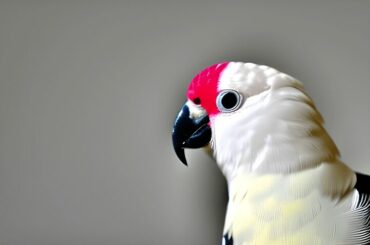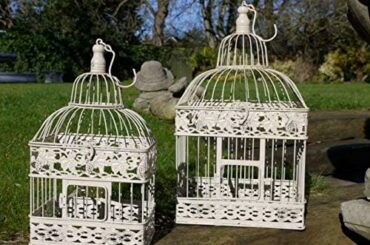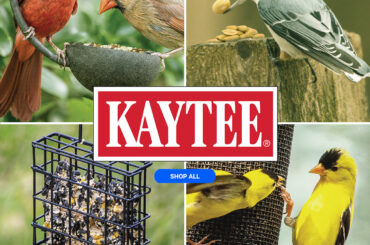Table of Contents
Introduction
- Why are Cockatiels and Parakeets popular pet birds?
- The importance of a balanced diet for avian companions
Friendship between birds can be as beautiful as the colors that adorn their feathers. Cockatiels and Parakeets are two popular bird species that often form strong bonds, capturing the hearts of their owners with their playful antics and melodious chirps. While it is essential to provide these feathered friends with a balanced diet, many bird enthusiasts wonder if Can Cockatiels eat Parakeet Food. In this article, we will delve into the shocking truth behind these avian companions’ dietary secrets and discover that Can Cockatiels eat Parakeet Food.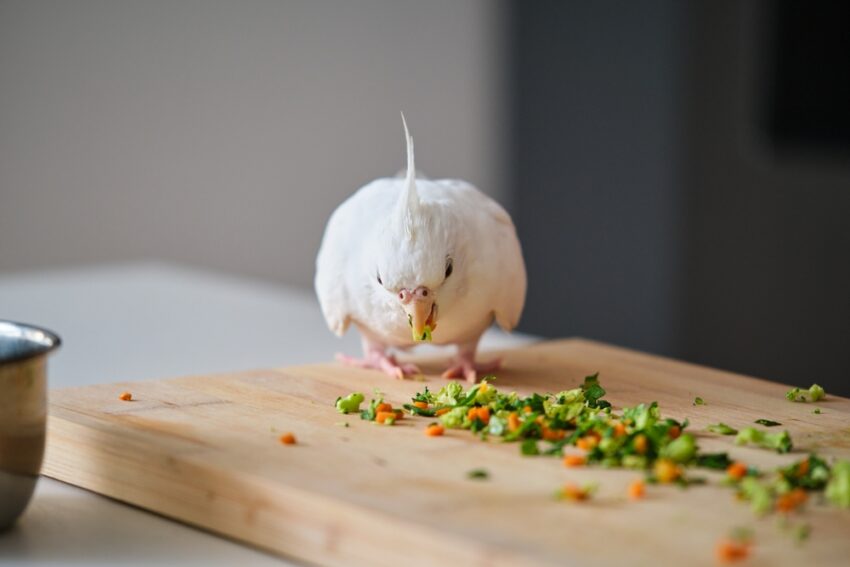
Understanding Cockatiels and Parakeets
Characteristics and Traits of Cockatiels
Cockatiels, native to Australia, are small parrots known for their vibrant personality and unique crested appearance. These captivating birds are distinguished by their soft plumage, which can range from white, gray, to yellow. With their affectionate and playful nature, Cockatiels quickly bond with their human caretakers and possess an excellent ability to mimic sounds and whistles.
Characteristics and Traits of Parakeets
On the other hand, Parakeets, also referred to as Budgerigars, originate from the arid regions of Australia. These small birds are highly sociable and thrive in flocks. Parakeets boast a colorful plumage, displaying shades of blue, green, yellow, and white. Their chirpy and cheerful nature makes them ideal companions for bird lovers.
Similarities and differences between the two species
While both Cockatiels and Parakeets share some common traits, they also have distinct characteristics that set them apart. Both species are intelligent, active, and require mental stimulation. However, Cockatiels are known for their crest, while Parakeets have a slender body with a longer tail. Understanding these species’ unique features is crucial when considering their dietary requirements.
Examining Parakeet Food
Composition and ingredients of Parakeet food
Parakeet food, typically available in pellet form, is specially designed to meet the nutritional needs of these small birds. These comprehensive diets are formulated to provide essential vitamins, minerals, and macronutrients. Parakeet food often contains a blend of seeds, grains, fruits, vegetables, and added supplements like vitamins A, D, and E.
Common types and forms of Parakeet food
Parakeet food comes in various types and forms, offering bird owners a range of options. Pellets, the most common form, provide a balanced nutritional profile. Seeds and nuts are also popular choices, though they should be offered in moderation due to their higher fat content. Additionally, fresh fruits and vegetables serve as healthy treats that can be included in their diet.
Nutritional Needs of Cockatiels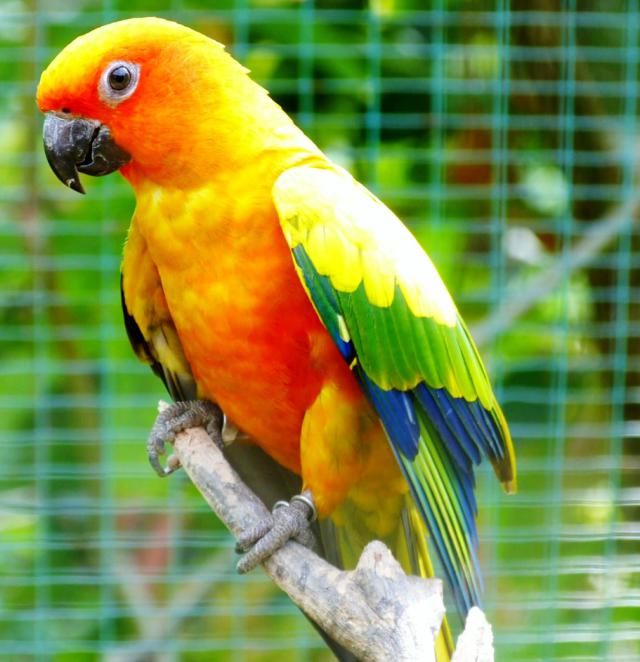
Essential nutrients required by Cockatiels
Cockatiels have specific nutritional needs that must be met to ensure their health and well-being. These charming birds require a diet with a balance of macronutrients, including proteins, fats, and carbohydrates, along with a range of vitamins and minerals such as calcium, vitamin A, and vitamin D.
Understanding their unique dietary requirements
Cockatiels are primarily seed eaters in the wild, consuming a variety of grass seeds, herbs, and fruits. However, it is essential to provide them with a diverse diet to meet their nutritional requirements. Fresh vegetables, leafy greens, and sprouted seeds are valuable additions to ensure a well-rounded diet for Cockatiels.
Can Cockatiels eat Parakeet Food?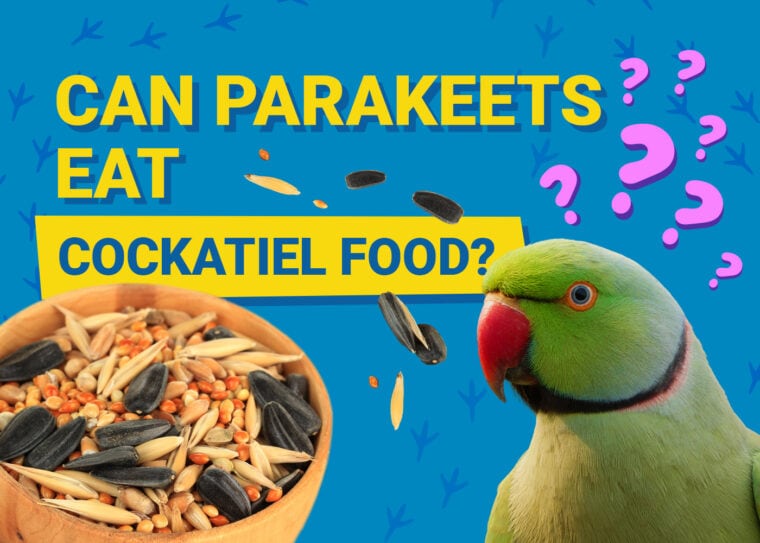
Assessing the potential risks of feeding Cockatiels Parakeet food
Can Cockatiels eat Parakeet Food? Feeding Cockatiels Parakeet food can raise concerns among bird owners, who worry about the safety of this alternative diet. Parakeet food is formulated specifically for Parakeets, and its nutritional composition may not entirely meet the dietary needs of Cockatiels. This could lead to potential health risks and nutrient imbalances if Parakeet food becomes the primary source of nutrition for Cockatiels.
Expert opinions on the matter
Avian experts and veterinarians recommend providing Cockatiels with a well-balanced diet that caters to their specific nutritional requirements which still balls down to what we have been discussing in this article, Can Cockatiels eat Parakeet Food? While occasional consumption of Parakeet food may not cause harm, it should not replace a Cockatiel’s regular diet. A varied diet that includes fresh fruits, vegetables, and appropriate Cockatiel-specific food is necessary for the optimal health of these birds.
The Benefits of Introducing Parakeet Food to Cockatiels
Nutritional advantages of Parakeet food for Cockatiels
Although Parakeet food should not replace a Cockatiel’s diet, there are some potential benefits to introducing it as an occasional treat, same as discussed in the article, Can Cockatiels eat Parakeet Food? Parakeet food often contains a variety of seeds, grains, and fruits that can offer additional nutrients and variety to a Cockatiel’s regular diet. These treats can provide mental stimulation and satisfy their natural foraging instincts.
Potential positive effects on overall health and well-being
Can Cockatiels eat Parakeet Food? Incorporating Parakeet food into a Cockatiel’s diet in moderation can offer some mental and physical health benefits. The variety of flavors and textures can help prevent dietary boredom, while the act of foraging for different shapes and sizes of Parakeet food can provide mental stimulation. However, it is crucial to maintain a balance and not overindulge in Parakeet food to prevent nutrient imbalances and potential health issues.
Potential Drawbacks of Feeding Parakeet Food to Cockatiels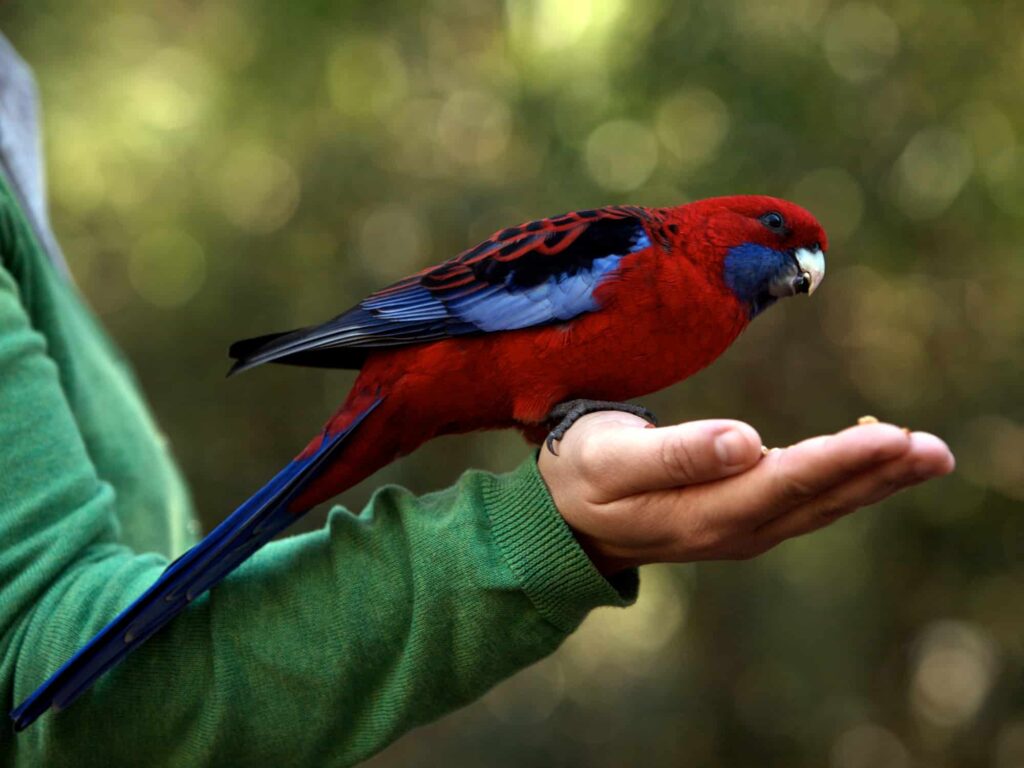
Possible negative impacts on Cockatiels’ health
Can Cockatiels eat Parakeet Food? While Parakeet food can offer some benefits, there are potential drawbacks to consider. Cockatiels have different dietary needs compared to Parakeets, and excessive consumption of Parakeet food can lead to nutrient imbalances. Over-reliance on Parakeet food may also contribute to an increased risk of obesity and other health issues in Cockatiels.
Risks of nutrient deficiencies or imbalances
Can Cockatiels eat Parakeet Food? Cockatiels require specific nutrients that may not be adequately provided by Parakeet food alone. Limited variety in their diet may result in nutrient deficiencies and imbalances, affecting their overall health and vitality. It is crucial to strike a balance between providing occasional treats and maintaining a diversified diet that caters to Cockatiel-specific nutritional requirements.
Cockatiels vs. Parakeets: Are Their Dietary Needs Truly Different?
Examining the similarities in their nutritional requirements
Cockatiels and Parakeets, although different in some aspects, share some common nutritional needs. Both species require a balanced intake of proteins, carbohydrates, fats, vitamins, and minerals. However, the proportions and specific nutrient levels may vary slightly between the two species.
Identifying key differences in their dietary needs
While Cockatiels and Parakeets have some overlapping dietary requirements, there are key differences to consider. Cockatiels may have higher calcium needs, especially for egg-laying females, compared to Parakeets. Additionally, Cockatiels benefit from a diet that includes more vegetables and leafy greens, while Parakeets thrive on a variety of seeds and fresh fruits.
Establishing a Healthy Diet for Cockatiels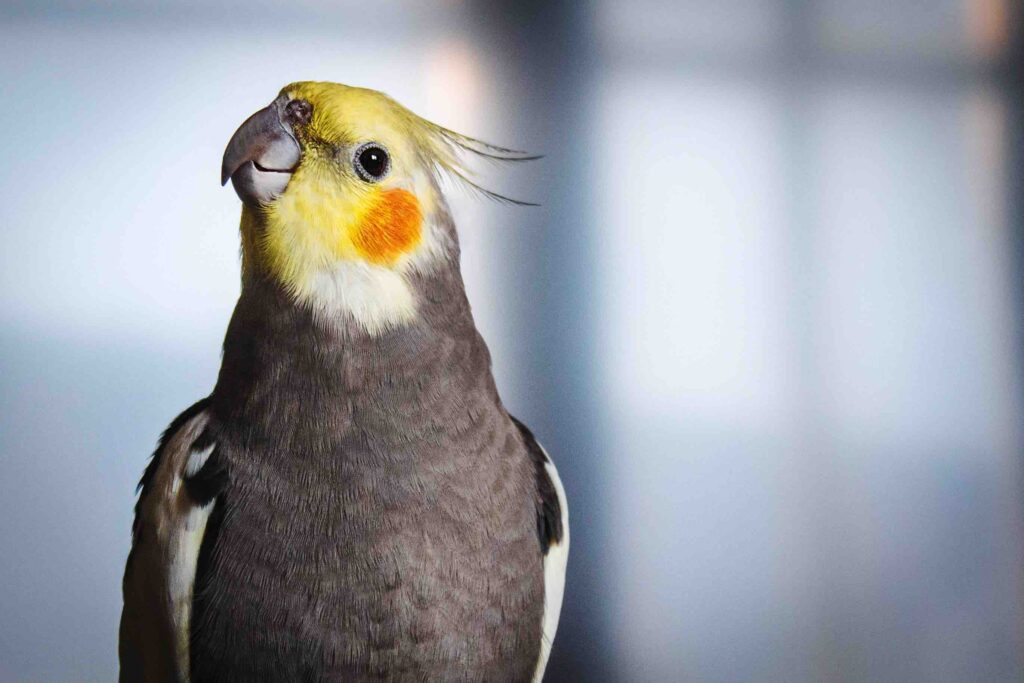
Creating a balanced diet plan specific to Cockatiels
To ensure optimal health and nutrition for Cockatiels, it is essential to create a well-rounded diet plan. This plan should include a mix of high-quality seed or pellet mix, fresh vegetables, fruits, and occasional treats. The proportions and specific foods can vary based on the bird’s age, activity level, and individual dietary considerations.
Recommended foods and feeding guidelines
As seed eaters, Cockatiels should be provided with a high-quality seed mix that includes a variety of seeds, grains, and dried fruits. Additionally, fresh vegetables such as carrots, leafy greens, and broccoli should be offered daily. Fruits like apples, oranges, and berries can be provided as occasional treats. It is important to monitor portion sizes and avoid overfeeding to maintain a healthy weight for the bird.
Alternative Food Options for Cockatiels
Exploring suitable alternatives to Parakeet food
While Parakeet food should not replace a Cockatiel’s diet, there are other suitable food options to consider. Cockatiels can benefit from fortified Cockatiel-specific pellet mixes that cater to their unique nutritional requirements. These pellets provide a balanced combination of vitamins, minerals, and macronutrients to support their overall health.
Homemade food recipes for Cockatiels
Bird owners can also prepare homemade food options for Cockatiels, ensuring a fresh and diverse diet. Recipes can include a mix of cooked grains, legumes, fresh vegetables, and fruits. However, it is crucial to consult avian veterinarians for guidance on safe and nutritionally sound homemade recipes.
Transitioning Cockatiels to Parakeet Food: Dos and Don’ts
A step-by-step guide to introducing Parakeet food
If bird owners choose to introduce Parakeet food as an occasional treat, it should be done gradually. This makes you ask yourself this question, Can Cockatiels eat Parakeet Food? Start by mixing a small amount of Parakeet food with Cockatiel’s regular diet, increasing the ratio gradually over time. This allows the bird’s digestive system to adjust to the new food and prevents any digestive discomfort.
Common mistakes to avoid during the transition
When transitioning Cockatiels to Parakeet food, it is essential to avoid sudden dietary changes or overindulgence in Parakeet food, Reason why you need to ask yourself, Can Cockatiels eat Parakeet Food? Abrupt diet changes can cause digestive upset, while excessive intake of Parakeet food can lead to imbalances and potential health issues. Maintaining a measured and gradual transition is crucial for the bird’s well-being.
Factors to Consider Before Feeding Parakeet Food to Cockatiels
Individual Cockatiel dietary considerations
Just as humans have individual dietary needs, Cockatiels may have specific requirements that must be considered. Factors such as age, health conditions, and activity levels should be taken into account when assessing the suitability of Parakeet food for individual Cockatiels. Consulting with avian veterinarians can provide invaluable guidance in making informed decisions.
Consulting with avian veterinarians
Avian veterinarians are the best source of professional advice when it comes to a Cockatiel’s dietary needs. These experts can assess the bird’s overall health, analyze its current diet, and offer tailored recommendations based on the individual Cockatiel’s requirements. Seeking their guidance ensures that the bird’s nutritional needs are met effectively.
The Impact of Environmental Factors on Cockatiels’ Dietary Habits
How environmental conditions affect dietary choices
The environment in which Cockatiels live plays a significant role in their dietary habits. Factors such as temperature, humidity, and access to natural sunlight can influence their appetite, metabolism, and overall nutritional needs. A supportive and stimulating environment is vital for promoting healthy eating behaviors in Cockatiels.
Providing a stimulating environment for Cockatiels
To encourage healthy dietary habits, Cockatiels should be provided with a spacious and enriching living environment. Offering a variety of toys, perches, and foraging opportunities can keep them mentally engaged, reducing boredom and encouraging active exploration. Maintaining a comfortable temperature and moderate humidity levels also contribute to their overall well-being.
Lab Tests and Experiments on Cockatiels and Parakeet Food
Scientific research and outcomes
Scientific studies have been conducted to evaluate the impact of Parakeet food on Cockatiels’ health and well-being. These experiments often involve monitoring the birds’ nutrient intake, energy levels, and overall health markers. Through systematic observation and data analysis, researchers gain valuable insights into the effects of Parakeet food on Cockatiels.
Insights from experimental studies
Preliminary studies suggest that occasional consumption of Parakeet food does not have detrimental effects on the health of Cockatiels. However, these studies emphasize the importance of maintaining a balanced diet that fulfills the specific nutritional requirements of Cockatiels for long-term health and vitality.
Success Stories: Cockatiels Thriving on Parakeet Food
Real-life experiences of Cockatiel owners
Bird owners often share their personal experiences and success stories regarding Cockatiels consuming Parakeet food. Some owners report that their Cockatiels enjoy the variety in flavors and textures, benefiting from the occasional inclusion of Parakeet food in their diet. However, it is crucial to remember that individual experiences may vary, and each Cockatiel’s dietary needs should be considered individually.
Benefits observed after introducing Parakeet food
Cockatiel owners have reported various benefits after introducing Parakeet food as a supplement. These benefits include improved mental stimulation, enhanced foraging behavior, and occasional joy associated with novel tastes and textures. However, it is important to maintain a balance and prioritize a well-rounded diet that meets the Cockatiel’s unique nutritional needs.
Expert Opinions on Cockatiels and Parakeet Food
Insights from renowned avian experts
Avian experts provide valuable insights into the compatibility of Cockatiels with Parakeet food. These experts stress the importance of a well-balanced diet tailored to each species’ unique nutritional requirements. While occasional consumption of Parakeet food may not pose significant risks, it should not replace a Cockatiel’s regular diet.
Professional guidelines and recommendations
Professional guidelines widely recommend offering Cockatiels a varied diet that includes Cockatiel-specific food, fresh vegetables, and occasional treats like Parakeet food. These guidelines emphasize the significance of monitoring the bird’s nutritional intake and ensuring that they receive the essential nutrients required for their overall health and longevity.
READ ALSO:
- Senegal Parrot for Sale at Unbeatable Prices: Find Your Perfect Feathered Companion
- Jenday Conure Species Profile: Bringing the Beauty of the Wild to Your Home
- Caique Parrot 101: Everything You Need to Know About Adorable and Energetic Pet Parrots
- Demystifying Senegal Parrot Lifespan: What Every Parrot Lover Needs to Know – Senegal Parrot 101
Summary: Best Practices for Cockatiel Nutrition
Recapping the key points and findings, it is crucial to prioritize a balanced diet plan specific to Cockatiels’ nutritional needs. While Parakeet food may offer some benefits as an occasional treat, it should not replace a Cockatiel’s regular diet. Providing a mix of high-quality seed or pellet mix, fresh vegetables, fruits, and tailored treats ensures a well-rounded and nutritionally sound diet for Cockatiels.
FAQs about Cockatiels and Parakeet Food
Addressing common concerns and misconceptions, here are some frequently asked questions about Cockatiels and Parakeet food on the subject matter, Can Cockatiels eat Parakeet Food?:
Can Cockatiels eat Parakeet Food Only?
- No, Cockatiels require a varied diet that fulfills their specific nutritional needs.
Can overfeeding Parakeet food be harmful to Cockatiels?
- Yes, overindulgence in Parakeet food can lead to nutrient imbalances and potential health issues.
Should Cockatiel owners consult avian veterinarians before introducing Parakeet food?
- Yes, avian veterinarians can provide expert advice tailored to the individual Cockatiel’s nutritional needs.
Conclusion
In conclusion, while Cockatiels and Parakeets share some similarities, their dietary needs differ to some extent. While occasional consumption of Parakeet food can offer some benefits and mental stimulation for Cockatiels, it should not replace a well-balanced diet specifically designed for their nutritional needs. Consulting avian veterinarians and considering individual Cockatiel dietary considerations are crucial steps in maintaining a healthy and vibrant avian companion. By prioritizing Cockatiel nutrition and adhering to professional guidelines, bird enthusiasts can ensure their feathered friends thrive in a happy and nourishing environment.
Final thoughts on maintaining a healthy diet for Cockatiels
Maintaining a healthy diet for Cockatiels is essential for their overall well-being. By offering a wide range of nutritious foods and occasional treats, Cockatiel owners can ensure their feathered friends receive the vital nutrients they need to thrive. Regular monitoring, consulting with avian veterinarians, and staying informed about the latest nutritional guidelines will help Cockatiels live long, healthy lives full of joy and companionship.

